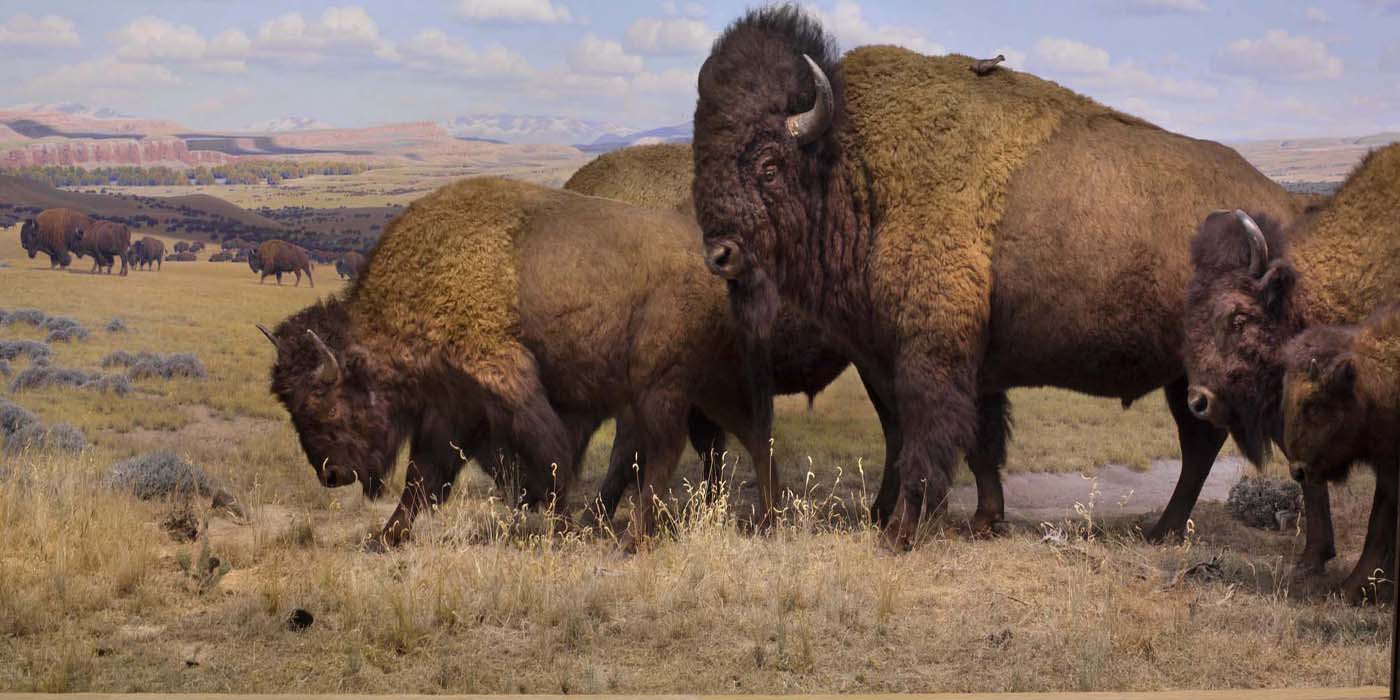Canadian Scientists First To Test Diagnostic Tool For “TB” in Bison

To help protect Canada’s cattle and bison and maintain the country’s bovine tuberculosis (TB)-free status, scientists from University of Saskatchewan’s (USask) Vaccine and Infectious Disease Organization-International Vaccine Centre (VIDO-InterVac) and Parks Canada are conducting trials in bison of several diagnostic tools, including the innovative Actiphage® blood test developed by the diagnostics company PBD Biotech
Actiphage is a rapid and accurate test for detecting in a blood sample even very low levels of mycobacteria, the bacteria that causes TB. The results are available within hours, enabling early detection and improved disease management. The innovative blood test has been successfully tested in humans and 20 species of animals, but never before in bison.
While a successful Canadian bovine TB control program has been in place since 1924, bison herds in Wood Buffalo National Park, which straddles the Alberta-Northwest Territories border, include TB-infected animals. Parks Canada, a recognized leader in conservation, is responsible under the Species at Risk Act for the protection and recovery of listed species found in national parks such as the bison. Improved TB diagnosis could support management of the infected animals, for which there are currently few options, and reduce the prevalence of the disease over time.
“Canada is the first place to try to validate the Actiphage test in bison”
The team will experimentally infect bison in VIDO-InterVac’s containment Level 3 facility and test them at various time points using several diagnostic tools. This benchmarking will provide useful insights into the progression of the disease and reliability of the tests in bison.
“Detecting tuberculosis in livestock and wild animals is an issue worldwide, and this trial will provide scientific data that has the potential to improve detection and control of a disease that can be devastating to the agricultural industry,” said VIDO-InterVac Director Volker Gerdts. “It’s another example of how our state-of-the-art containment Level 3 facility is helping to provide solutions to infectious disease challenges on a world-wide scale.”
The team also plans to test whether vaccines proven effective in cattle can protect bison. Scientists will study the immune response to these vaccines and use the diagnostic tools and culture to determine the effectiveness of the vaccines in bison.
Actiphage is one of the diagnostic tests included in this trial. An important feature of this test is its ability to detect viable mycobacteria in a blood sample. In addition, it is able to differentiate between animals that are vaccinated and those that are infected. This creates the potential to vaccinate animals to protect them from the disease.
Test developers PBD Biotech first showcased their novel technology to organizations in the region through the 2017 Saskatoon Regional Economic Development Authority’s Agriculture Technology HARVEST Program. The relationships formed have been so fruitful that the company has chosen the province for its first international subsidiary office.
“Canada is the first place to try to validate the Actiphage test in bison,” said Luis Martin of PBD Biotech, a United Kingdom company with a new Canadian subsidiary in Saskatoon.
The study will help demonstrate—pending regulatory approval—that Actiphage® may be used with wild animals and in zoos for disease management.
Funding for the trial is provided in part by VIDO-InterVac and Parks Canada.











